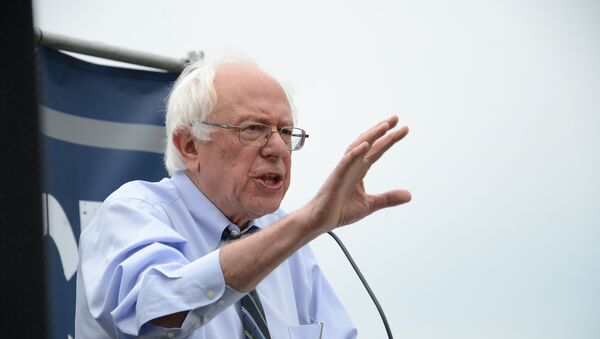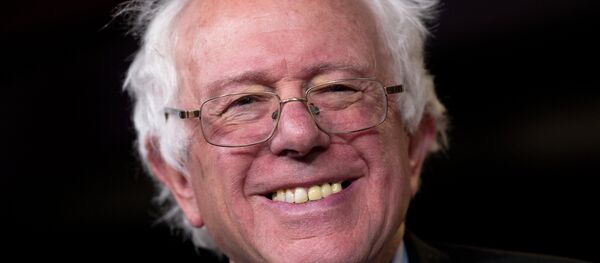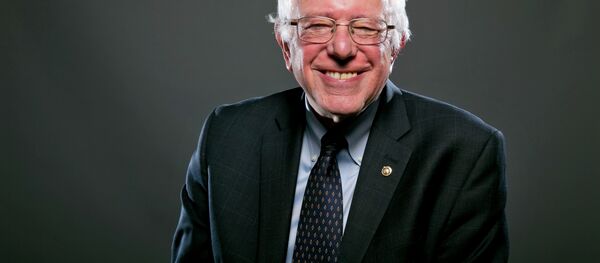Bernie Sanders' relentless fight for the whopping wage increase has become a key priority in his presidential campaign, securing the self-proclaimed socialist a fair share of support from unions, The Guardian reported.
"A job must lift workers out of poverty, not keep them in it," Sanders said during an outdoor strike at the US Capitol on Wednesday, amid a crowd of contract workers standing there in hopes of higher payments. "The current federal minimum wage of $7.25 an hour is a starvation wage and must be raised to a living wage."
SEIU (The Service Employees International Union) President Mary Kay Henry took a stand in a favor of the candidate's designs, saying that a $15 wage increase would both boost the US economy and drag full-time workers out of the poverty swamp.
James Dorn, a senior monetary policy expert at the Cato Institute, wrote last year in response to Barack Obama's call for a minimum wage increase: "A higher minimum wage — without a corresponding increase in the demand for labor caused by an increase in labor productivity (due to more capital per worker, better technology, or more education) — will mean fewer jobs, slower job growth, and higher unemployment for lower-skilled workers. Higher-skilled workers and union workers will benefit, but only at the expense of lower-skilled workers, especially the young and minorities. There is no free lunch."
In its July 25, 2015 edition, The Economist cited three expert studies cautioning against minimum wage hikes. Isaac Sorokin of the University of Michigan argues that industries slowly but surely automate in response to rises in the cost of labor, citing the example of sock-makers in the 1930s, which took years to switch to less labor-intensive machines after the federal minimum wage was introduced.
In the third paper cited by The Economist, Jonathan Meer of Texas A&M University and Jeremy West of the Massachusetts Institute of Technology suggest that a mere 10 percent inflation-linked increase in the minimum wage could cut job growth by 0.3 percentage points per year, adding that "the effects on jobs growth they see are concentrated among people under 25, and those without a degree." Sanders' proposal would more than double the minimum wage.
Regardless of that, the $15 minimum wage proposition has met with unprecedented support from many lower-income American citizens.




